Huron Pines and the Huron Coastal Invasive Species Network invite you to participate in our Level 1 Invasive Species Training. To support the growing need for invasive plant species management in the region, we developed a training program to prepare partners and volunteers to assist in the critical work of identifying, reporting, and treating invasive species to protect natural resources in northeast Michigan.
Level 1 Training is designed to equip volunteers and local resource professionals with the skills to identify, inventory, and report invasive species, as well as instructions on hand removal and decontamination.
LEARNING OBJECTIVES
Participants will be able to identify priority invasive species of Northeast Michigan.
Participants will understand how to survey for invasive species while keeping human and environmental safety in mind.
Participants will know how to properly report invasive species sightings.
Participants will be able to confidently conduct manual treatments (non-chemical) of invasive species and report those treatments.
Participants will have an understanding of how to communicate work on invasive species management with the public.
A portion of the class will be held outdoors, so dress for the weather. Please bring a refillable water bottle, wear closed-toed shoes, and bring a packed lunch.
Capacity for the training is limited to 25 people.
This event is supported by the Michigan Invasive Species Grant Program (michigan.gov/invasives).
We strive to host inclusive, accessible events that enable all individuals to engage fully. It is a priority for Huron Pines to ensure that our communications and programming are available and accessible to everyone. Please contact maddie@huronpines.org if you have any questions about accessibility or believe barriers remain.
We recognize that accessibility is not always possible in every area of our work. Our efforts are ongoing. Through a commitment to continued learning and understanding, we will strengthen our awareness of the barriers and inequities that exist at the individual and community levels, in order to advance more equitable opportunities to experience the outdoors in our region.
